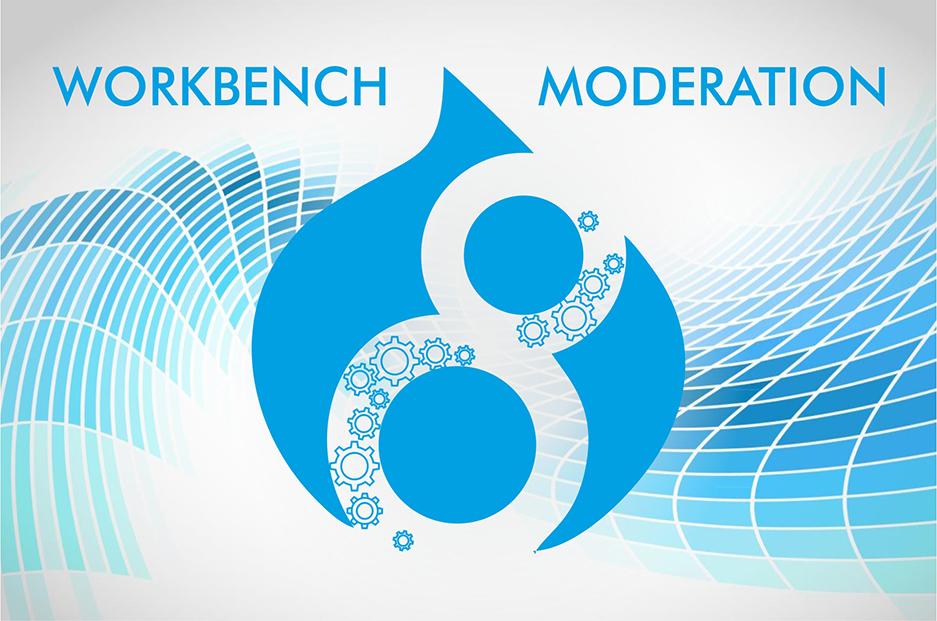So, Drupal does not seem inclined to stop migrating modules any time soon, and we are not complaining. So much information to explore, so many things to share with you guys.
And this time we’re covering the Workbench Moderation module. It sounds serious, and it is!
Let’s look at some of the features of this module, but, first, let’s find out what it does and how it works.
Workbench Moderation is one of the components of the Workbench modules suite. Among Workbench proper, Workbench Access and the WBM itself, the latter is the most important one. It makes content management on a site a lot easier for administrators, editors or publishers.
Using this module, you will be able to control the states of the nodes on your site easily.
In Drupal, there were only two node states — published and unpublished. The first one could be seen by everybody, whereas the latter one was accessible only to owners and administrators. There is an obvious reason why the changes to this system were made. If the node needed to be edited by a person who didn’t have rights to access it, it caused problems.
Now, with the help of the Workbench for Drupal 8 you can create as many states as you want to control the workflow. Thus, if you applied a “need's review” state to your content, editors can easily do their job without any trouble.
Some features of Workbench Moderation
Easy workflow
The workbench moderation module creates a simple workspace for authors, publishers and editors where they can clearly see what work should be done next. It’s so easy to use that they can concentrate on the task, rather than on how to use Drupal.
“Workbench makes complex tasks simple and provides a common user experience that makes Drupal easier to use”, says Ken Rickard, Director of Professional Services at Palantir.net.
Access
The access problem was completely solved. You are not only able to restrict access to the content, but to control who is allowed to move the revision from one state to another. Read more about another access-related module here.
Forward revision
You can create a “forward revision” waiting for approval even when another version was already published. That means you can keep editing your content even if it’s already on a site.
Drupal 7 vs Drupal 8
According to developers, the module is similar on both Drupal 7 and Drupal 8. The only difference is in the process of web development. They say that it was a lot easier to introduce Workbench Moderation on Drupal 8 as its core allows the forward revisions, in contrast with the 7th version.
Conclusion
The Workbench Moderation Module is everything you need to create an easy workflow and to keep control of it afterwards. Create new states, provide access to different revisions and restrict it for other ones, edit, publish and be productive! And stay tuned for more information about Drupal 8 modules :)
Read also:
A better website’s performance with the Fast 404 Drupal 8 module
The Inline Entity Form module in Drupal 8: an easier product management & more
The BigPipe Drupal 8 module for your website performance optimization

